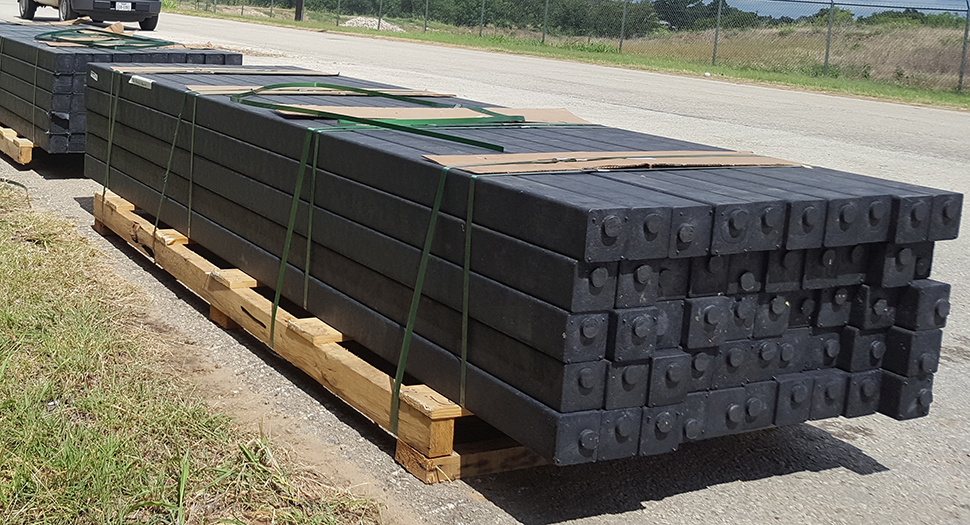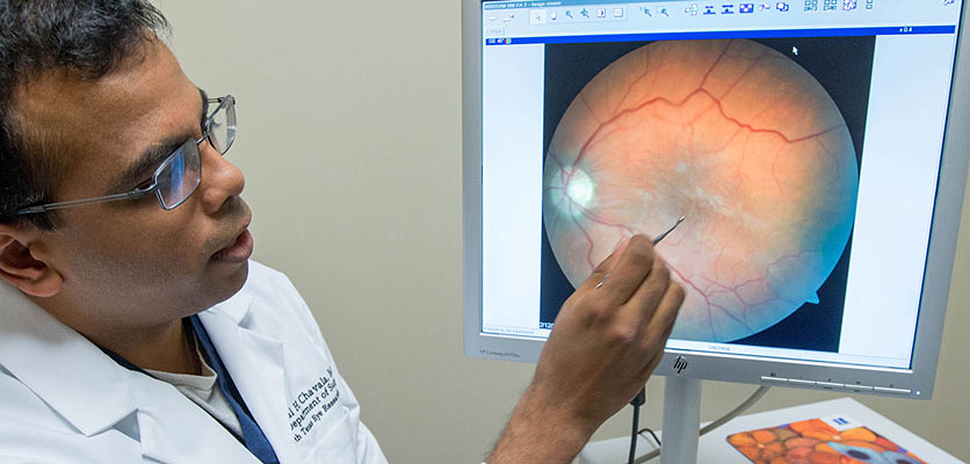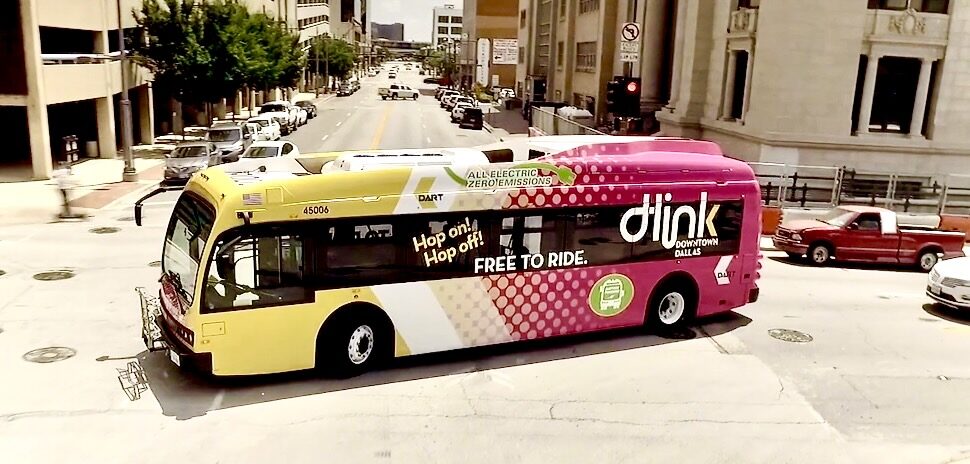![]() Every week, we pore through press releases and websites doing a little research of our own. We’re looking for scientists, professors, engineers, entrepreneurs—anybody, really—engaging in research and development across North Texas.
Every week, we pore through press releases and websites doing a little research of our own. We’re looking for scientists, professors, engineers, entrepreneurs—anybody, really—engaging in research and development across North Texas.
There’s plenty of good work being done. If you want to put R&D under your microscope, sign up for our e-newsletter.
New class of drugs may stave off sight-stealing eye disease
Researchers at the University of North Texas Health Science Center have found that a class of drugs known as MDM2 inhibitors could be a promising new treatment for uveitas, a serious disease that can destroy eye tissue and cause irreversible blindness.
Sai Chavala, M.D., professor of pharmacology and neuroscience and director of translational research at UNTHSC, said the use of corticosteroids and suppressing the immune system can prevent blindness and eye damage — albeit with risks.
“While corticosteroids are effective in treating inflammation and preventing blindness, they often become intolerable over time,” he said. “There’s a risk of systemic side effects such as glucose intolerance, hypertension, and osteoporosis with oral steroids.”
Enter the MDM2 inhibitors that are being evaluated as a cancer therapy, but have been shown to inhibit ocular inflammation — a surprising benefit, Chavala said. Find out more about the research in Jan Jarvis’ report here.

Recycled plastic pins could be pivotal in strengthening soils under some highway walls. [Photo Courtesy UT Arlington]
Team ‘pins’ its research on recycled plastic to strengthen highway walls
Here’s another example of how recycling can benefit us all.
A researcher and his team at the University of Texas at Arlington are using a $1.37 million proof-of-concept contract with the Texas Department of Transportation to show that recyled plastic pins can strengthen Mechanically Stabilized Earth — or MSE — walls on highways in North Texas. UTA civil engineering professor Sahadat Hossain is team lead on the project.
He said the plastic pins potentially will increase the bearing and shearing capacity of the foundation soils in future MSE walls.
Unlike previous methods, use of the pins doesn’t require any excavation or replacement of poor soils. Best of all, the task can be completed in a short time frame and at a reduced cost. Find our more here.
Galderma: R&D boosted, new trials & more female clinical investigators
Fort Worth-based Galderma Laboratories LP announced this week that it has increased its investment in research and innovation, starting six new Phase III and IV U.S. aesthetic clinical trials, and increasing the number of women clinical investigators.
 Galderma is a global leader in making products to meet the world’s increasing skin health needs.
Galderma is a global leader in making products to meet the world’s increasing skin health needs.
“We are shaping the ever-evolving aesthetics industry like never before by developing new solutions to help drive consumers into aesthetic offices,” Alisa Lask, general manager & vice president of the U.S. Aesthetic Business at Galderma, said in a release.
The company said that its R&D expansion also includes a major increase in the number of women selected as clinical investigators. Galderma said that since it acquired the U.S. rights to Dysport (abobotulinumtoxinA), Restylane, and Sculptra Aesthetic in 2014, the number of female clinical investigators in company-sponsored trials has more than doubled.
“We understand the vast majority of aesthetics consumers are women, so we have made a significant effort to increase the number of female investigators in our trials,” Xiaoming Lin, the company’s global head of aesthetic development said.
OTHER RESEARCH
On Wednesday, Texas FFA students took part in the Agriscience Fair at the State Fair of Texas where they presented unique projects—from essential oil additives in chickens as an alternative to antibiotics, to a project that tested the ability for bacteria, fresh algae, and dried algae to produce electricy in microbial fuel cells.
READ NEXT
R&D: Novel Stroke Therapy Called Leap Forward, Scientists Will Tackle Aging at Conference
Also, you’ll learn the science behind how a trip to a haunted house at Halloween might improve your romantic life. Here are some of the research projects underway in North Texas that could make lives better.
![]()






























